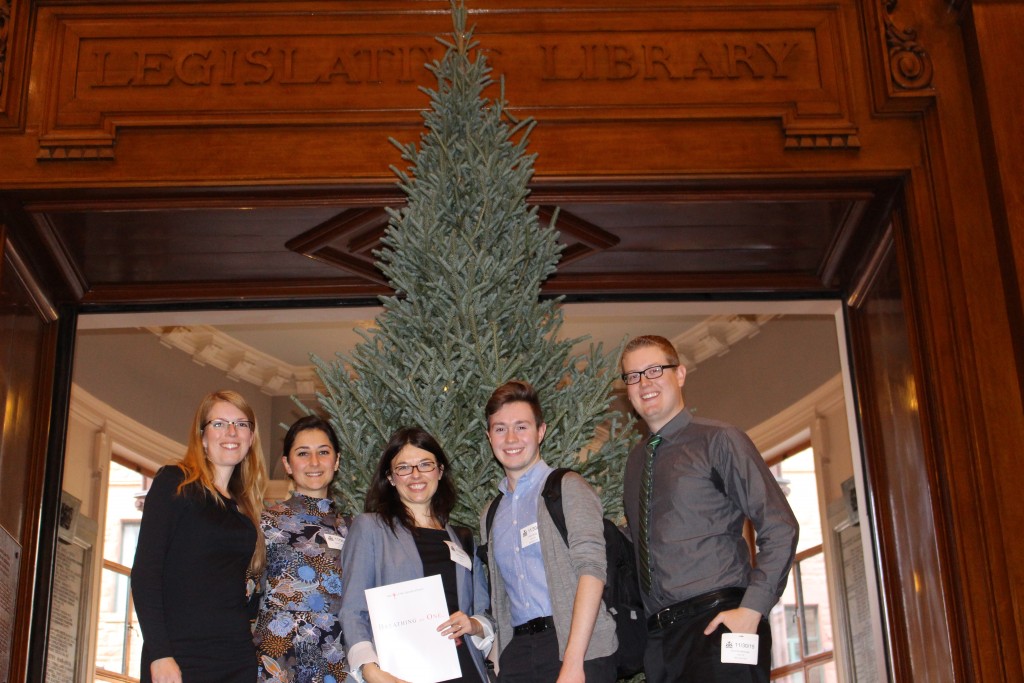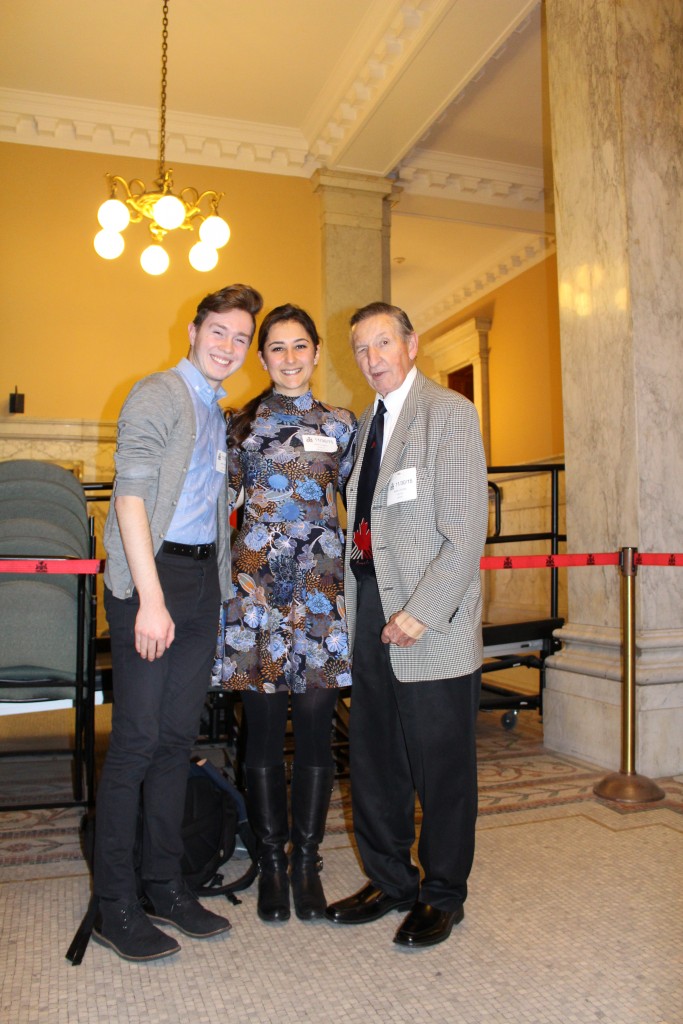See article with full links here.
Mac in Five
Lessons from the oldest of the old.
5 Weeks • 5 Professors • 5 Lessons • 5 Minutes a day
Course: Healthy Aging • Lesson #1 of 5
Would you rather live a long life in poor health or a short life in good health? For most of us this seems to be the trade-off but for the select few who become “supercentenarians” (those living to > 110), they seem to have the best of both worlds. Intriguingly, these oldest of the old are usually of sound mind and physically active until their death, and avoid many of conditions or diseases that almost seem to be an inevitable part of old age such as cardiovascular disease, metabolic disorders or dementia. Most of us aspire to an old age like the supercentenarians, which is active and healthy but when ill-health makes its inevitable appearance, the decline is rapid but brief. So how do they do it? Genetics seems to play a role, but there is no magic gene that makes us live longer, nor is there a particular diet, exercise or pill that ensures that you’ll live into the next century. Interestingly, we’ve recently learned that having a healthy immune system may be necessary for long and healthy life.
One of the most provocative studies of the role of the immune system in longevity comes from the study of Hendrikje van Andel-Schipper who was, briefly, the oldest woman in the world. She died of cancer at 115 and donated her body to science. She was remarkable in many regards but from an immunological perspective, she was exceptional because at the time of her death her circulating white blood cells came from only two hematopoietic stem cell clones, as opposed to the thousands or tens of thousands one would expect in a younger adult. Since a diverse repertoire of white blood cells is required to repair damaged tissues and seek out potentially cancerous cells, this loss of stem cells may, ultimately, have caused her death. The oldest old have another interesting immunological feature – low levels of inflammation, which seem to help them resist chronic inflammatory diseases like cardiovascular disease and dementia for longer.
So what can those of us who have not won the genetic lottery do to live long, healthy lives? Although there are some pre-clinical trials in mice and epidemiological data in humans that suggest it will be one day be possible to extend the years of healthy living by taking a pill, we are not there yet. Instead, we can lower our inflammation and extend the years we live in good health by exercising, eating well, maintaining a healthy body weight, and having a robust social network. We may not have what it takes to be a supercentenarian, but we can make the years that we have be the very best that they can be.
Suggested article for further learning: New Scientist







